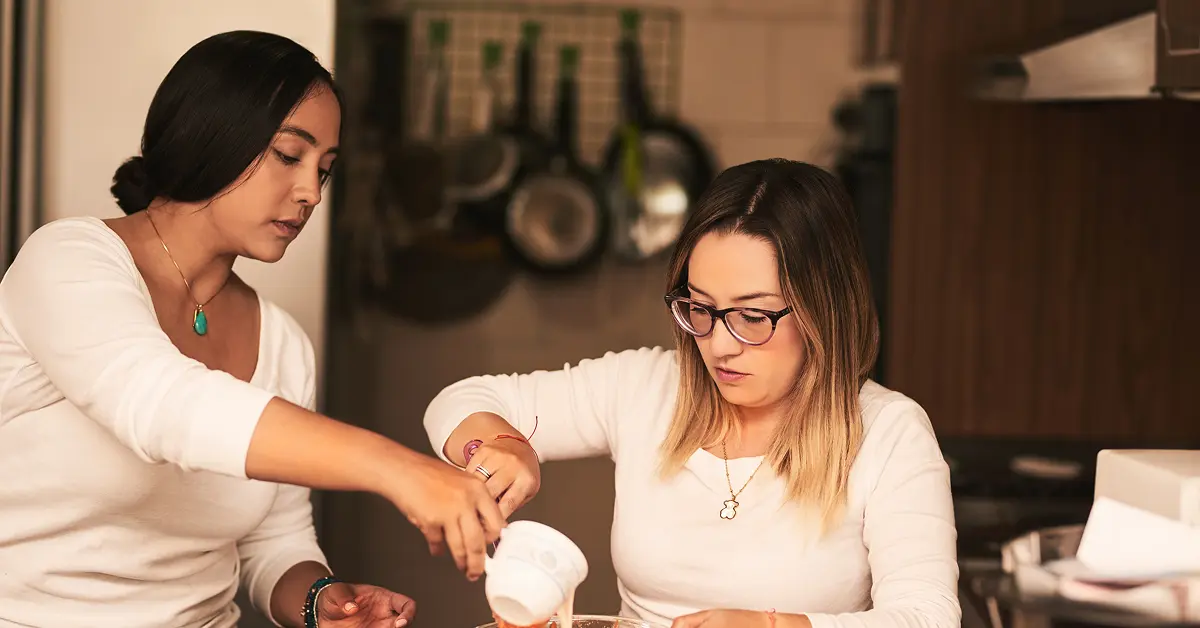Hiring a home caregiver is one of the most important decisions for families in India caring for elderly parents, patients recovering from illness, or children with special needs. The right caregiver can offer not just assistance, but comfort, companionship, and improved quality of life for your loved one. However, making the wrong choice can lead to stress, health risks, and dissatisfaction.
In this blog post, we’ll share the Best Caregiver Services at Home Indian families should follow when hiring a home caregiver, ensuring both safety and peace of mind.
Clearly Identify Your Needs
Before starting the search, make a detailed list of what care is required. This may include:
- Medical assistance: Medication, physiotherapy support, post-surgical care.
- Daily living tasks: Bathing, dressing, grooming, feeding, and mobility.
- Emotional support: Companionship for lonely seniors or children.
- Household chores: Light cleaning, laundry, or cooking.
Example: If your mother needs help walking and taking insulin shots, look for someone with basic medical training and elderly care experience.
Choose Between an Agency and an Independent Caregiver

In India, caregivers can be hired via:
- Home care agencies – Offer background-verified, trained professionals with replacement guarantees.
- Independent caregivers – Often more affordable but require you to do all background checks.
Best Practice: If it’s your first time, consider going through a reputed agency in your city like Portea, HCAH, or Nightingales. They offer backup caregivers and insurance coverage.
Verify Identity and Background Thoroughly
Whether hiring independently or through an agency, always:
- Ask for government ID proofs (Aadhaar, Voter ID).
- Check references from previous employers.
- Conduct a police verification.
- Look into their employment history for experience in relevant care tasks.
This is crucial for safety, especially if the caregiver will be alone with the patient at home.
Check Qualifications and Certifications
A caregiver may be trained as:
- A General Duty Assistant (GDA)
- A Nursing Assistant
- Or may have attended caregiving courses from Red Cross or NSDC-affiliated institutions.
For basic support, on-the-job experience may be enough. But for medical needs like catheter care or injections, insist on formal training.
Conduct an In-Person Interview
Interview the shortlisted caregivers with your loved one present. Use the opportunity to observe:
- Communication skills in Hindi, English, or the local language.
- How they interact with your loved one.
- Their understanding of duties and willingness to adjust to your home routine.
Sample Questions:
- Have you cared for a patient with similar health conditions?
- What would you do in a medical emergency?
- Are you comfortable with night shifts?
Do a Trial Run
It’s always wise to do a 1-week trial period before making a long-term commitment. This helps assess:
- Punctuality and consistency.
- How well they bond with your loved one.
- Their attitude, patience, and hygiene practices.
Discuss Salary and Work Terms Transparently
Discuss and document:
- Salary (Typically ₹12,000 – ₹25,000/month in cities for full-time care).
- Work hours – Day shift, night shift, or 24-hour stay-in.
- Leaves and weekly off.
- Food and accommodation (if stay-in).
- Notice period.
Get all terms written and signed. Even with agencies, ask for a caregiver contract.
Clarify Medical Emergency Protocols
Create a plan that includes:
- Emergency contacts.
- Preferred hospitals and doctors.
- Medication schedules.
- What to do in case of a fall, chest pain, or unconsciousness.
Train the caregiver on how to call for an ambulance (e.g., 108 in India) and when to inform family members.
Respect Cultural Sensitivities and Compatibility
India is diverse, and factors like language, religion, food preferences, and gender can matter. For example:
- A female senior may prefer a female caregiver.
- A vegetarian household may not want someone cooking non-veg at home.
- Language fluency matters for dementia patients.
Matching the caregiver with your family’s values and lifestyle improves comfort and compatibility.
Maintain Open Communication and Regular Monitoring
Even after hiring:
- Maintain a daily care log.
- Have a family member check in regularly.
- Use a CCTV camera (if permitted) in common areas for safety.
- Encourage the caregiver to report issues or ask questions.
Stay involved in the care routine to ensure continued quality.
Provide a Safe and Comfortable Working Environment
A satisfied caregiver tends to offer better care. Ensure:
- Clean accommodation (if live-in).
- Access to basic needs like water, fan, toilet.
- Respectful treatment – they’re not domestic workers, but health support staff.
Gratitude and humane treatment go a long way in building trust and reliability.
Know When to Replace the Caregiver
Signs that you may need to look for a replacement include:
- Frequent absenteeism.
- Poor hygiene or neglect of the patient.
- Unwillingness to follow doctor’s instructions.
- Behavioural issues or signs of verbal abuse.
Always act quickly in the best interest of your loved one’s safety.
Final Thoughts
Hiring the right home caregiver is not just about filling a role; it’s about bringing in someone you can trust with the well-being of someone you love. Whether it's for an ageing parent, a child with special needs, or a recovering patient, the right caregiver can bring peace, stability, and emotional strength to the entire family.
By following these best practices, Indian families can ensure they’re making an informed and safe decision—one that supports both the caregiver and the care recipient with dignity and respect.
Need Help Finding a Trained Caregiver in India?
Look for certified home care services in your city or connect with hospitals offering post-discharge care support. Agencies like Portea, Care24, and Apollo HomeCare offer trained and verified caregivers across major Indian cities.
Contents
- Clearly Identify Your Needs
- Choose Between an Agency and an Independent Caregiver
- Verify Identity and Background Thoroughly
- Check Qualifications and Certifications
- Conduct an In-Person Interview
- Do a Trial Run
- Discuss Salary and Work Terms Transparently
- Clarify Medical Emergency Protocols
- Respect Cultural Sensitivities and Compatibility
- Maintain Open Communication and Regular Monitoring
- Provide a Safe and Comfortable Working Environment
- Know When to Replace the Caregiver
- Final Thoughts
Our 24*7 services
Latest Posts
- What Is Respite Care and Why Is It Important
- Affordable home care for senior citizens in India
- Caring for Seniors with Dementia or Alzheimer's at Home
- Senior Caregiving A Guide for Every Family
- How to Write a Caregiver Resume That Gets You Hired
- How Care After Hospital Discharge Speeds Up Recovery at Home
- How to Get Home Health Care for Seniors Through Medicare
- What Does a Senior Citizen Caregiver Really Do at Home
- How to Care for Elderly Parents with Alzheimer’s or Dementia
- How to Get 24-Hour Care for Seniors at Home



